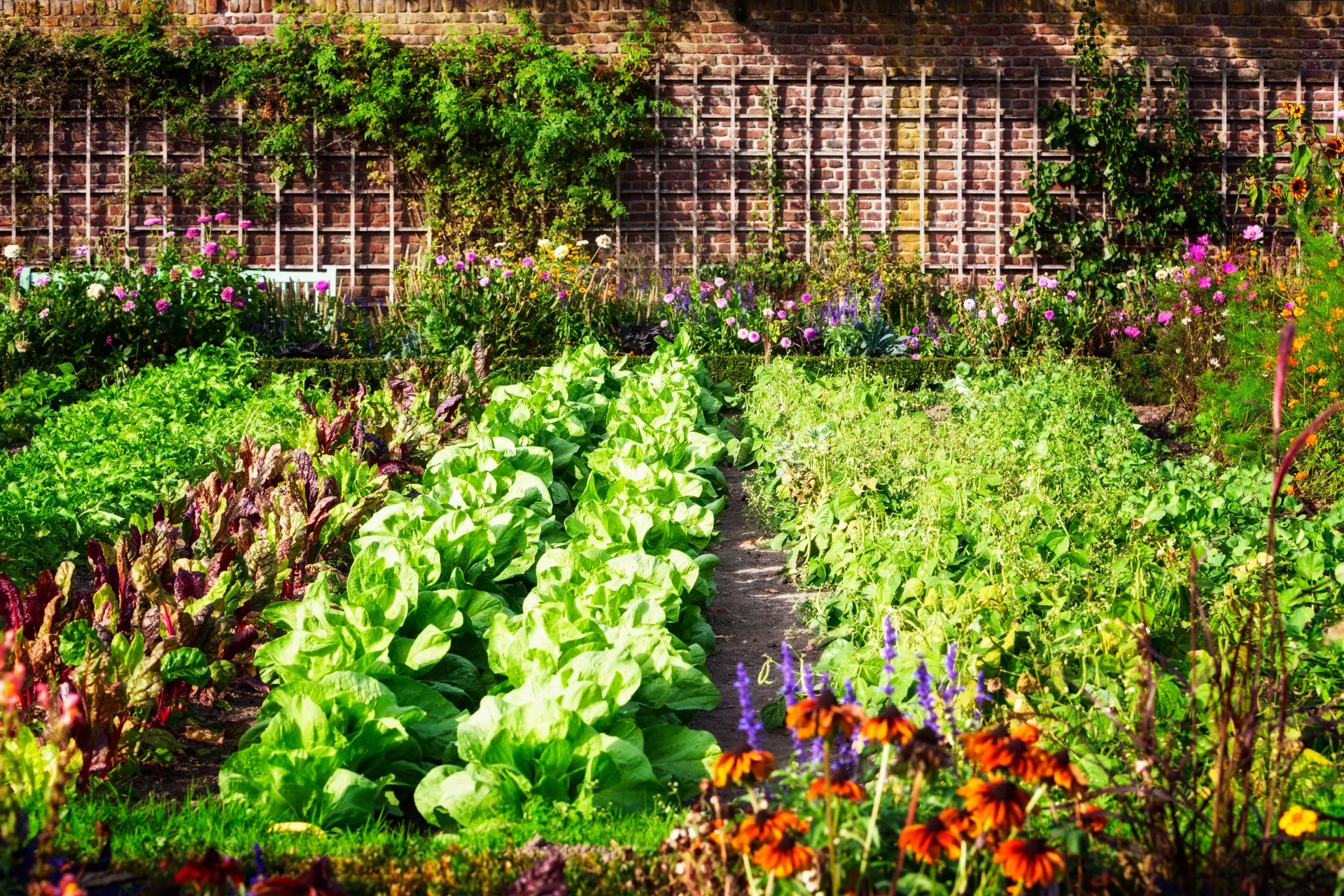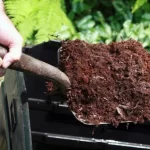
Achieving sustainability in your garden is an excellent way to minimize the use of toxic chemicals and limit carbon dioxide emissions. It also helps you save money on gardening expenses.
One of the best eco-friendly gardening practices is adding compost to the soil. This keeps yard waste and food waste out of landfills and creates a nutrient-rich sustainable fertilizer.
Composting
One of the most effective and inexpensive ways to green your garden is through composting. Grass clippings, weeds, dead flowers and certain kitchen scraps can all be turned into a nutrient-rich, sustainable fertilizer by using a compost pile. Putting these organic materials back into the soil helps to keep it healthy, which in turn reduces the need for chemical fertilizers.
Another great way to go green is to skip the gas-powered lawn equipment and use a rake, hoe or even your hands to weed. This will help to cut down on the amount of harmful gases that are released into the air and soil.
Mulching around your garden and landscape plants can also be a good eco-friendly practice. It will help to reduce weed growth and hold in moisture, which is important in areas that have water restrictions. Using a mixture of course material like twigs, wood chips or shredded paper and “browns” (like leaves, straw, manure or coir from coconut hulls) will give you the best results.
Xeriscaping
Pronounced “zer-is-cape” it is a landscaping technique that conserves water by using drought tolerant plants and soil amendments. Xeriscaping also minimizes the need for fertilizers, pesticides and other chemicals. Native species are especially good for this as they are adapted to the climate and require minimal watering once established.
By incorporating rock, stone and drought resistant plantings into your garden you will be able to reduce the need for annuals, grass mowing, excessive weeding and other hands-on maintenance. This will result in a beautiful, lush garden with less work and lower utility bills.
To make your xeriscape garden healthy and productive, you should use compost, rock dust or gypsum to improve the soil structure and fertility. Instead of watering little and often, which encourages roots to stay close to the surface and dry out more quickly, you should water deeply once a week. This will allow the root to go down and find the water, rather than relying on the sun to evaporate the excess moisture.
Organic Fertilizers
Using organic fertilizers in your garden is another sustainable solution for your landscape. Unlike chemical fertilizers, natural fertilizers rely on plant, animal, or mineral sources for their nutrients.
Stop discarding grass clippings, leaves, and twigs by making a compost pile to turn them into a valuable soil amendment that will help your plants thrive (it also reduces your landfill waste). This is one of the most basic and effective eco friendly gardening tips.
Consider letting part of your yard go wild to attract pollinators and avoid the need for mowing. A natural lawn with nettles, comfrey, and other perennial plants is a beautiful alternative that will save you time on mowing and provide food for the local butterfly population.
Organic gardening practices also reduce your use of herbicides and pesticides, which are harmful to the environment. These are big problems that we need to address as a community, and reducing the amount of chemicals used in our gardens can make a significant impact on the planet.
Rain Barrel Irrigation
Using a rain barrel to water your garden cuts back on water usage and is much better for your plants than chlorinated city water. Rainwater is also free of the contaminants found in treated drinking water, which may be harmful to your gardens.
As stormwater runoff traverses lawns and roadways, it collects pollutants such as pesticides, chemical fertilizers, animal feces, and debris that can harm local aquatic ecosystems. It can also clog storm drains, leading to flooding and increased stress on sewer systems. By catching some of this water in a rain barrel, you’ll reduce erosion, help preserve drinking water supplies, and make your own nutrient-rich irrigation solution.
Before you use the barrel water, however, it’s important to follow guidelines for best practices. One such guideline from Rutgers University suggests adding an ounce of unscented household chlorine bleach to each 55-gallon barrel, treating it every month, before using the water to irrigate an edible garden.









